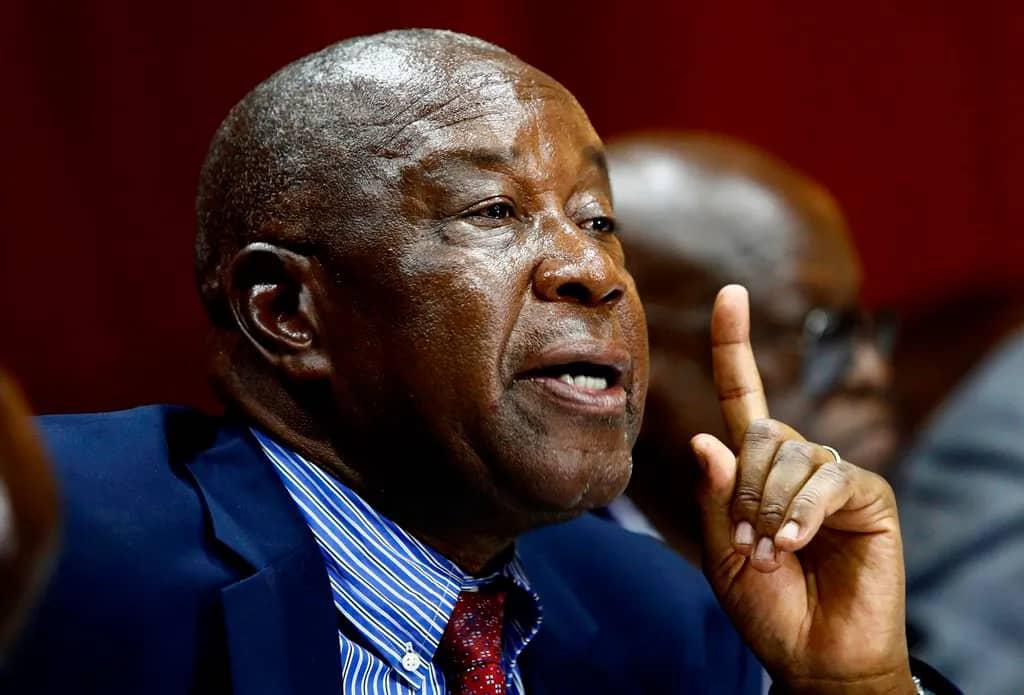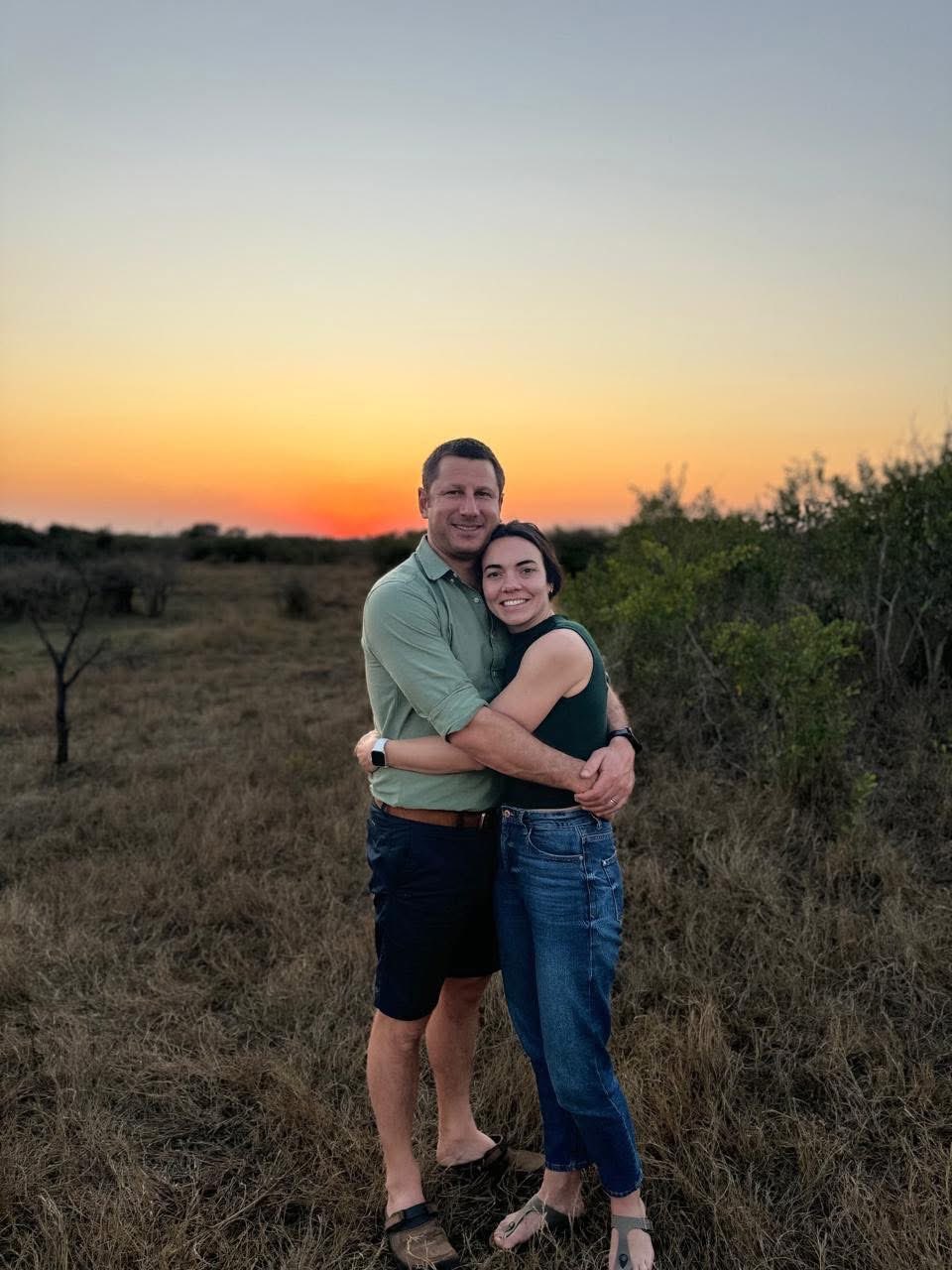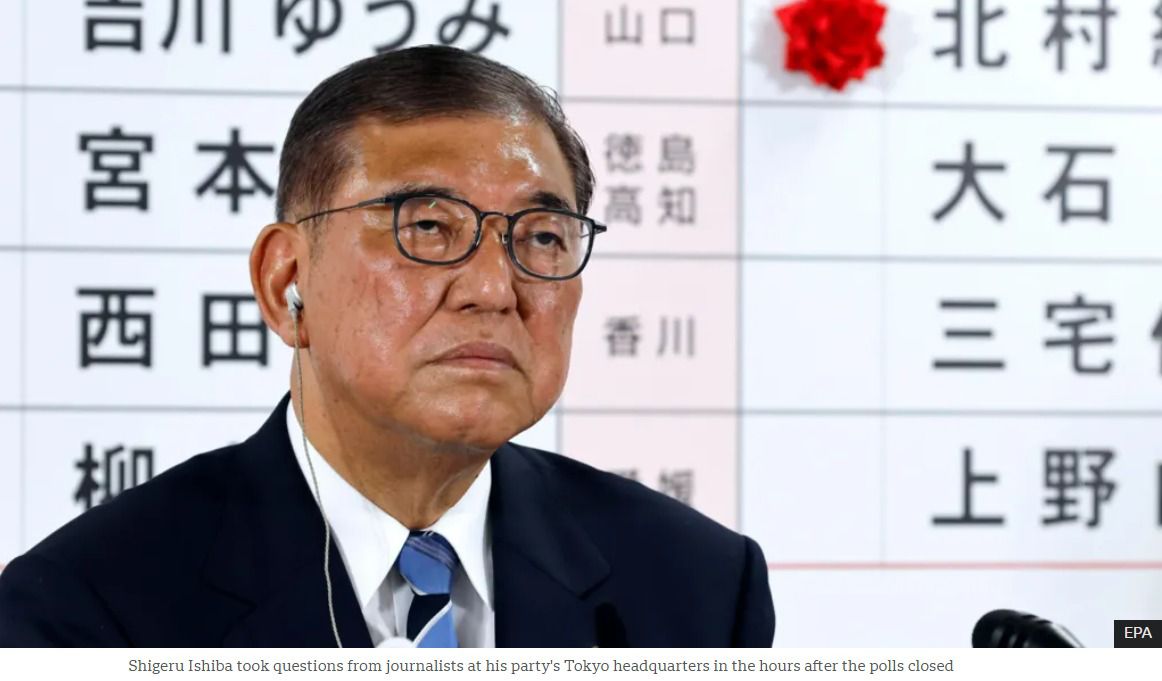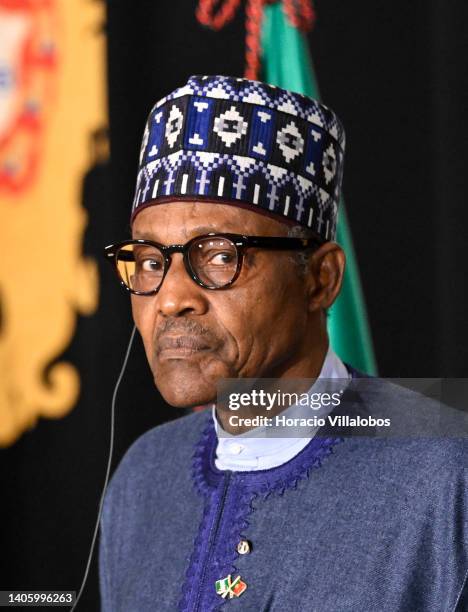HARARE — Zanu PF spokesperson Christopher Mutsvangwa took a swipe at what he described as the “big brother” attitude of the United States, which has long observed Zimbabwe’s elections but has not extended an invitation for Zimbabwean observers to monitor U.S. elections.
Speaking to journalists at the U.S. Embassy’s election watch event in Harare on Tuesday, Mutsvangwa highlighted that while U.S. officials often press for access to Zimbabwe’s electoral process, they’ve not reciprocated with invitations for Zimbabwean or Zanu PF officials to observe American elections.
“Well, I’m a student of American politics. I did all my degrees in America, so I know American politics very well,” Mutsvangwa said. “We’re great admirers of the American political system, and today is their day as they make their choice. But it’s ironic – they’re very keen on monitoring our elections but would never invite us to monitor theirs.”
His remarks came as Americans voted in a historic election, with Vice President Kamala Harris aiming to become the first female president, facing off against former president Donald Trump, who seeks a non-consecutive second term.
Mutsvangwa pointed to the historical relationship between the two countries, both former British colonies that fought for independence. He linked Zimbabwe’s adoption of a democratic constitution to American values, saying, “Surprise, surprise, the first words of our Constitution rhyme exactly with the American Constitution. So we do appreciate the great leap forward to democracy that the American independence movement achieved in 1779.”
However, he emphasized that the U.S. sees itself as “a cut above the other” nations, saying, “They don’t even accept to be under the jurisdiction of the International Court of Justice, and once in a while, they are not even happy with the United Nations having jurisdiction over them. So why would we expect to be invited to an American election?”
Mutsvangwa noted that Zimbabwe’s independence movement, led by Zanu PF, established a standard in southern Africa by opting for elections rather than armed conflict in 1980 – a shift he claims influenced other national liberation movements in the region to prioritize the ballot over the bullet.
“We accepted to go for elections in 1980, and we won. That tradition of voting, and not taking power by force, has since been followed by other national liberation movements in the region,” he added.
He argued that while the U.S. enjoys the position of a global superpower, it has adopted a “big brother” approach in its dealings with smaller nations, specifically regarding election monitoring. “There’s always a big brother attitude,” Mutsvangwa remarked. “The Americans are very jealous about their independence, but they insist on trying to be invited to our Zimbabwean elections.”
His comments reflect lingering tensions between Harare and Washington, which have historically been at odds over issues related to democracy and human rights in Zimbabwe.
Source: Kukurigo











